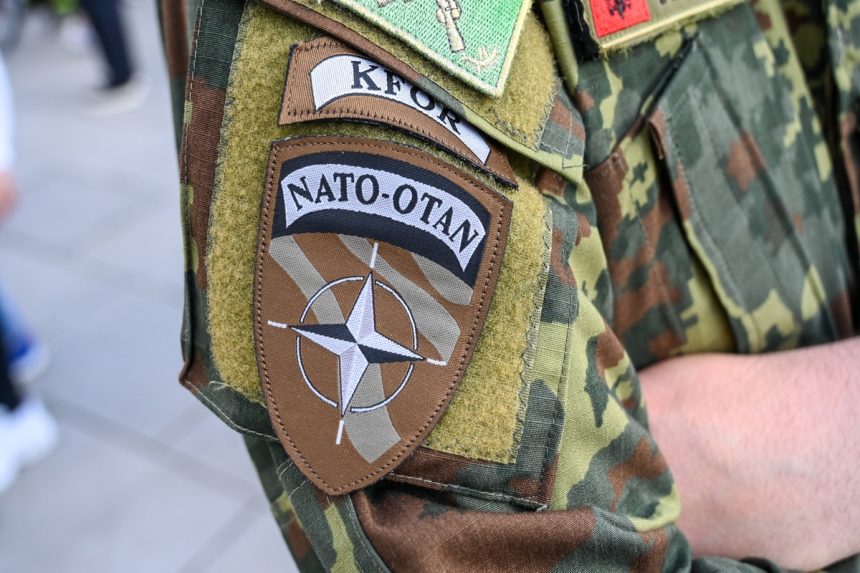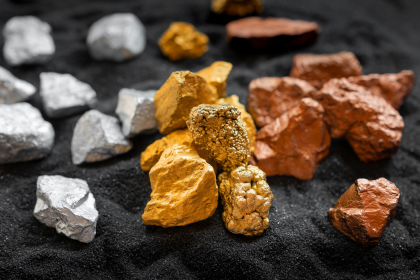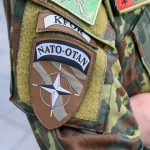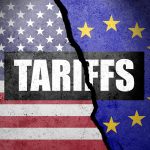Thousands of Kosovo war veterans rallied in Pristina on Thursday to protest an EU-backed court prosecuting former Kosovo Liberation Army (KLA) fighters, accusing the tribunal of rewriting history and targeting heroes of the nation’s independence struggle. Organized under the slogan “Together against injustice. KLA is glory, not indictment,” the protest called into question the fairness of the international court in The Hague that is trying former leaders for alleged war crimes.
A Square of Resistance: Veterans Fill Pristina
Veterans from across Kosovo descended on Skanderbeg Square, raising their voices in solidarity with imprisoned former KLA leaders. Banners and posters declared, “They are heroes,” and participants chanted in support of those on trial.
The rally was peaceful but emotionally charged. Many expressed anger toward the Kosovo Specialist Chambers, the EU-backed court located in The Hague, which they see as attacking the legacy of the KLA. According to organizers, the protest was not just about the individuals in custody, but about defending the entire narrative of Kosovo’s fight for freedom.
Leadership on Trial: From Statehood to Cells
At the heart of the controversy are four high-profile KLA leaders: former President Hashim Thaci, former Parliament Speakers Kadri Veseli and Jakup Krasniqi, and ex-lawmaker Rexhep Selimi. Detained since 2020, they face charges including murder, torture, and persecution of civilians during and after the 1998–99 war.
These figures once shaped the foundations of Kosovo’s modern statehood. Today, they stand accused by a court many Kosovars view with suspicion. Protest leader Hysni Gucati, head of the veterans’ association OVL-UCK, said: “The special court is deforming our history. It is showing injustice toward those who fought for human freedom and dignity.”
The Shadow of Allegations: Organ Trafficking and Intimidation
The court was established after a 2011 Council of Europe report alleged that KLA members had committed serious crimes — including trafficking human organs taken from prisoners — though these claims have not been included in the indictments. Still, the association lingers.
Two former KLA fighters have already been sentenced, including Pjetër Shala, and even protest leader Gucati was convicted in the Netherlands for witness intimidation and obstructing justice.
For many veterans, these cases add to the perception that the court targets only one side of the conflict while ignoring Serbian war crimes.
A Bloody Past and a Divided Present
The 1998–99 Kosovo war claimed about 11,400 lives, mostly ethnic Albanians. It ended only after a NATO air campaign forced Serbian forces out of the region. Kosovo declared independence in 2008, a move recognized by much of the West, including the United States, but rejected by Serbia, Russia, and China.
More than two decades later, tensions between Serbia and Kosovo remain high. For many Kosovars, the ongoing trials feel like an assault on their hard-won sovereignty and a manipulation of justice that could have lasting political and cultural consequences.
Thursday’s protest was more than a demonstration — it was a passionate statement from a generation that views its past as one of sacrifice, not shame. As Gucati put it, “Today KLA, tomorrow our whole history.” Whether justice or injustice is being served at The Hague remains a deeply divisive question. But in Pristina, the message was clear: for many, the KLA’s struggle is not up for trial.






